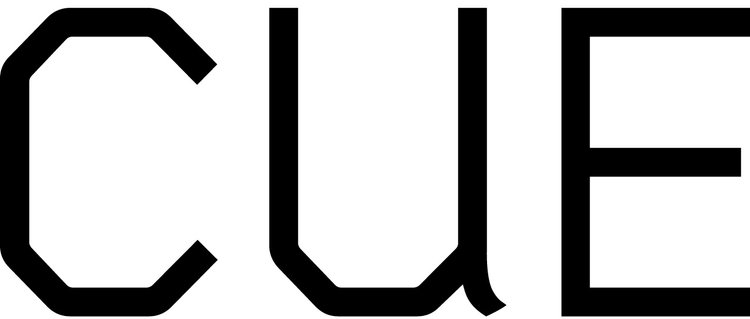ASHLEY HUNT
Ashley Hunt’s Corrections Documentary Project is an ongoing body of work about the prison industrial complex, primarily examining the politics and economics of the massive increase of the U.S. prisoner population since the 1970s, made in close dialogue with people and organizations from communities most affected by prisons and policing. The project is comprised of nine videos and two maps that reveal the manner in which this system helps structure and preserve the racial and economic hierarchies of today’s society.
CORRECTIONS is Hunt’s first film in the series, demonstrating the process and reasoning for prison privatization and the resulting implications to our society. Out of this film grew a series of short videos that explore in detail related issues and grassroots efforts to oppose the system. Along with the two maps, the project demonstrates the direct link between motivations of political and economic profit and mass incarceration, where prisons are offered by the states to solve problems of poverty and the state’s own failure in both the commonly rural communities where new prisons are built and the typically urban communities from which prisoners most often come.
Among these “Footnotes” on CORRECTIONS are three videos looking at prisons at different moments in time: past (Attica: Roots of Resistance), present (A Prison in the Fields), and future (Lockdowns Up). Two videos based in New Orleans tell the story of a grassroots campaign to shut down the Tallulah Correctional Facility, an infamous youth prison in northern Louisiana. An Interview with Curtis Muhammad is an absorbing conversation with a labor and civil rights activist who discusses unions, criminalization, globalization, and the obligations of artists to those for whom they are advocating. An Incident at the Calliope Projects portrays a common afternoon at this historic public housing project in New Orleans, which was later closed down after Hurricane Katrina. Two videos documenting the 2005 Southern Conference of Critical Resistance portray both its organizing effort and the conference itself, promoting the abolition of the prisons as a solution for societal inequalities. I Won’t Drown on the Levee & You Ain’t Gonna’ Break My Back tells a story of New Orleans during Hurricane Katrina in which the local Sheriff refused to evacuate the Orleans Parish Prison, leaving prisoners to drown in their cells.
Ashley Hunt uses image, object, word and performance-based strategies to engage the ideas of social movements, modes of learning, and the relationships between our art worlds and the larger worlds in which they sit. His work is often concerned with questions of power and the ways that some people have more, others have less, and what can be done about that. In addition to his Corrections Documentary Project, recent works include his ongoing collaboration with Taisha Paggett, On Movement, Thought and Politics; the performance, Notes on the Emptying of a City; the multi-platform Communograph at Project Row Houses; and the collaborative 9 Scripts from a Nation at War. Recent exhibitions and performances include Threewalls, the 2012 Biennial of the Hammer Museum, Sinopale 4 in Sinop, Turkey, and exhibitions and performances at the Museum of Modern Art, Beta Local in San Juan, and Woodbourne State Correctional Institute in upstate New York.
